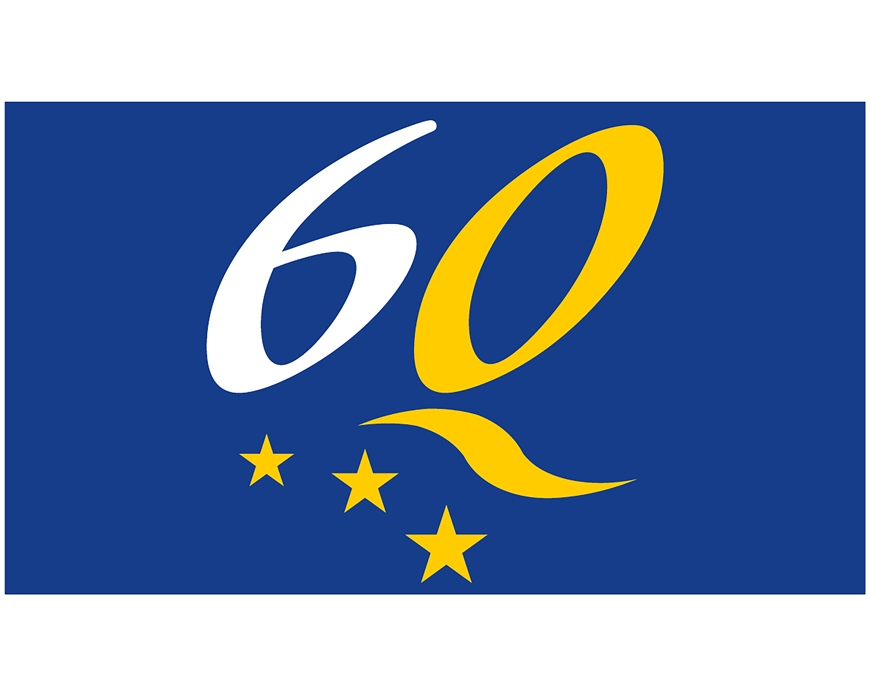Single Points of Contact (SPOC) Network
Medical products that have been manufactured, marketed or distributed intentionally outside the scope of the regulatory system of the competent authorities are unsafe and present a threat to patient health and to the integrity of healthcare systems.
Combatting falsified medical products requires international co-operation as manufacture, distribution, and trading are globalised and not limited to one country.
The Single Points of Contact – SPOC – model was developed by the EDQM, Council of Europe, as part of the work on the MEDICRIME Convention. Articles 17 and 22 of the convention specifically promote co-operation and information exchange between health authorities, customs, police and judicial competent authorities at national level, co-operation between authorities and the private sectors, and last but not least, international co-operation.
Article 17 of the convention emphasises national measures of co-operation and information exchange, which was put into practice through the Model of Single Point of Contact (SPOC) whose role is to:
- receive and collect information and data at national or local levels and in collaboration with private sector and civil society;
- make available the information and data obtained by the health authorities, customs, police and other competent authorities for the co-operation between them.
While under Article 22 emphasis is put on international co-operation on prevention and other administrative measures. With regard to the SPOC network this means:
- the Parties shall designate a national contact point which shall be responsible for transmitting and receiving requests for information and/or co-operation.
Thus, a successful co-operation approach is two-sided and comprises ideally:
- a network among single points of contact (SPOCs) within the different competent authorities;
- and for international co-operation, the national SPOCs network represented by a "National SPOC" (lead contact).
The EDQM SPOC list is constantly updated and aligned with other networks of partner organisations in Europe and at global level such as the health authorities’ Focal Points at World Health Organization (WHO) level and the health and law-enforcement SPOC list used by the Working Group of Enforcement Officers under the EU Heads of Medicines Agencies (HMA WGEO).
EDQM provides regular training events to nominees of national authorities, animated by delegates of the Committee of Experts CD-P-PH/CMED. The training sessions aim at raising awareness, fostering co-operation and sharing knowledge and best practices providing a mutual gain in experience and networking between trainers and trainees. Trainees are encouraged to give feedback and consider continuing with further basic to advanced level training.
A list of the training events organised by EDQM can be found here.
The term "counterfeiting" as used in the Medicrime Convention is meant in its broadest sense of "falsification".
- Council of Europe Model for a Network Among Single Points of Contact (SPOCs) to Combat Counterfeiting/Falsifying Medical Products and Similar Crimes, April 2016
- EDQM contributed with ‘Chapter 10 – Single Points of Contact’ to the APEC Supply Chain Security Tool Kit.
The EDQM Know-X database collates reports on falsified medical products in the Council of Europe member states and allows its users to send out Rapid Alerts to their authorised network. It also provides a tool for information exchange between experts from different countries and authorities.



